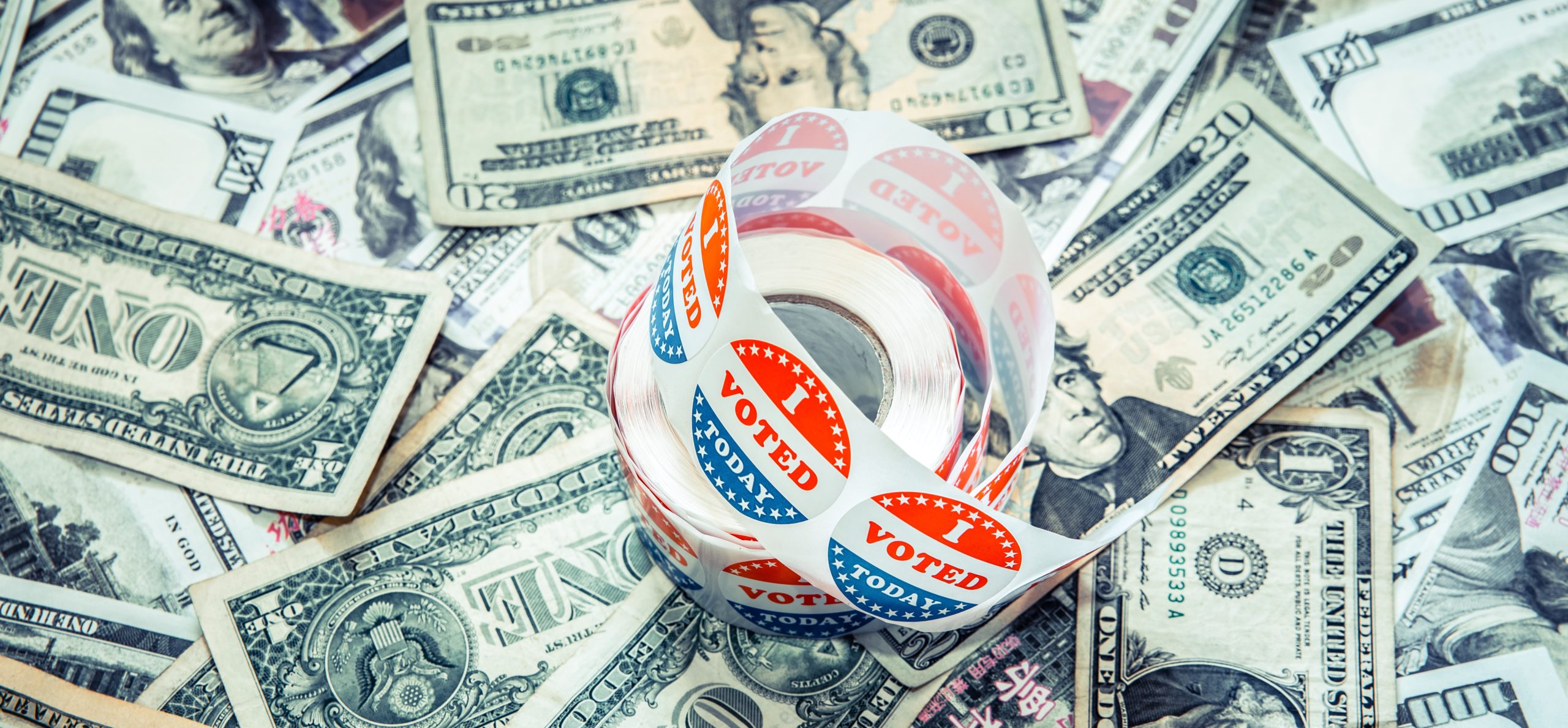Since the Supreme Court ruled on Citizens United in 2010 and allowed industry to pour unlimited funds into elections through independent expenditures, corporate influence has exploded.
Big Oil shelled out more than $80 million into elections last year, including state-level elections like California State Senate District 5, a relatively small race that has seen a staggering $2.6 million in industry spending. The real estate industry, which has priced much of America out of the market, spent $137 million.
But one type of election spending has recently come to the forefront of California politics: Ballot initiatives.
At first glance, ballot initiatives are direct democracy at its finest, as voters can propose and then vote on a law without it having to go through the legislative process. However, under current rules, initiatives have become another tool for corporations to keep business as usual. For a ballot initiative to be voted on, it must first meet signature collection requirements, which can cost millions of dollars, making it difficult for citizens to put a referendum on the ballot but making it rife for corporate influence. California now leads the nation in billions of dollars spent on ballot initiatives used to bypass the legislature.
In perhaps the most well-known example, in 2020, Uber, Lyft, and other corporations were unhappy with a law forcing gig companies to classify workers as employees, so they spent $235 million to write themselves an exception and sold it to the public as Prop 22.
Corporations don’t even have to follow through with ballot initiatives to get what they want – just the threat of a ballot referendum is often enough to influence and weaken laws.
On April 1st, California implemented first-of-its-kind legislation with a $20 minimum wage for fast-food workers. However, the law is not nearly as strong as it was expected to be. The original bill held corporations accountable for labor violations in their franchises and established an oversight council with the ability to raise the wage to $22 an hour in the near future. But the Assembly weakened nearly all of those provisions because the fast food industry was planning to nullify the entire bill – using the voters to do it.
As soon as the original fast food worker bill was passed in 2022, McDonald’s, In-N-Out, Chick-fil-A, and the rest of the International Franchise Association and National Restaurant Association amassed $50 million to fund a ballot referendum to overturn the new law. The threat of the referendum forced the legislature to revise the law and remove accountability measures for the billion-dollar corporations.
Pepsi and Coke were able to do the same with a $7 million ballot initiative effort in 2018, which convinced the Assembly to ban soda taxes for the next twelve years. Big Oil has already raised over $2 million to collect signatures for a referendum to overturn environmental protections the governor signed into law this past year.
Just as corporations can use their deep pockets to pass initiatives they favor, they spend big to block initiatives that they don’t like. In 2018, Prop 8 would have put limits on profits kidney dialysis companies could take, but the industry put $110 million (a record at the time) into defeating the measure, outspending the proponents of the measure 5-1 and ultimately convincing the public to vote it down.
Millions of dollars are spent by industry-funded campaigns to buy a lot of advertising space, mailers, and social media – all of which can be used to persuade voters to vote in the interest of corporations. It’s critical that voters are educated on not only ballot initiative language itself but also the money behind their campaigns.
An independent expenditure is money spent on political advertising in support of or against a particular candidate. An independent expenditure comes from outside a candidate’s own election organization and is not coordinated with a particular candidate’s campaign, authorized candidate committee or political party committee.[1] Generally, there is no limit placed on independent expenditures.[2]
Individuals, political committees, Super PACs, qualified nonprofit corporations (such as 501(c)(4)‘s) and, since Citizens United v. Federal Election Commission, corporations and labor unions are permitted to make independent expenditures.
ballotpedia.org


